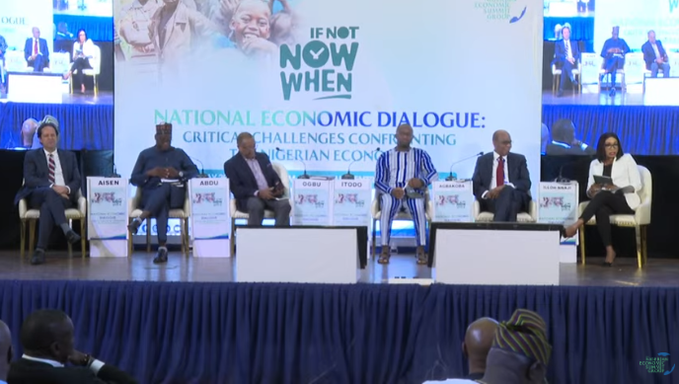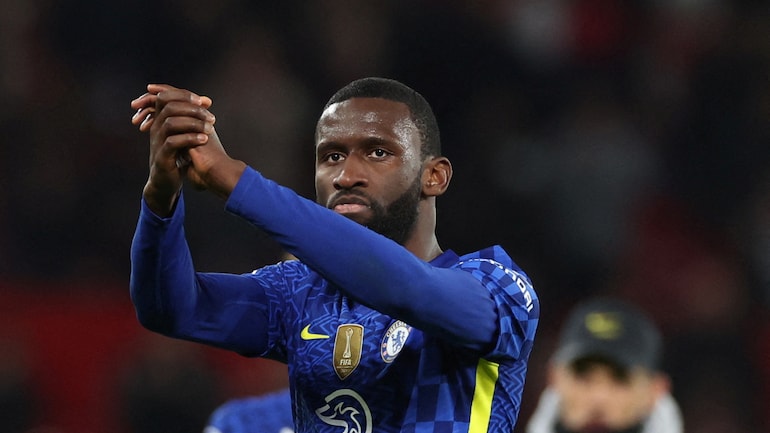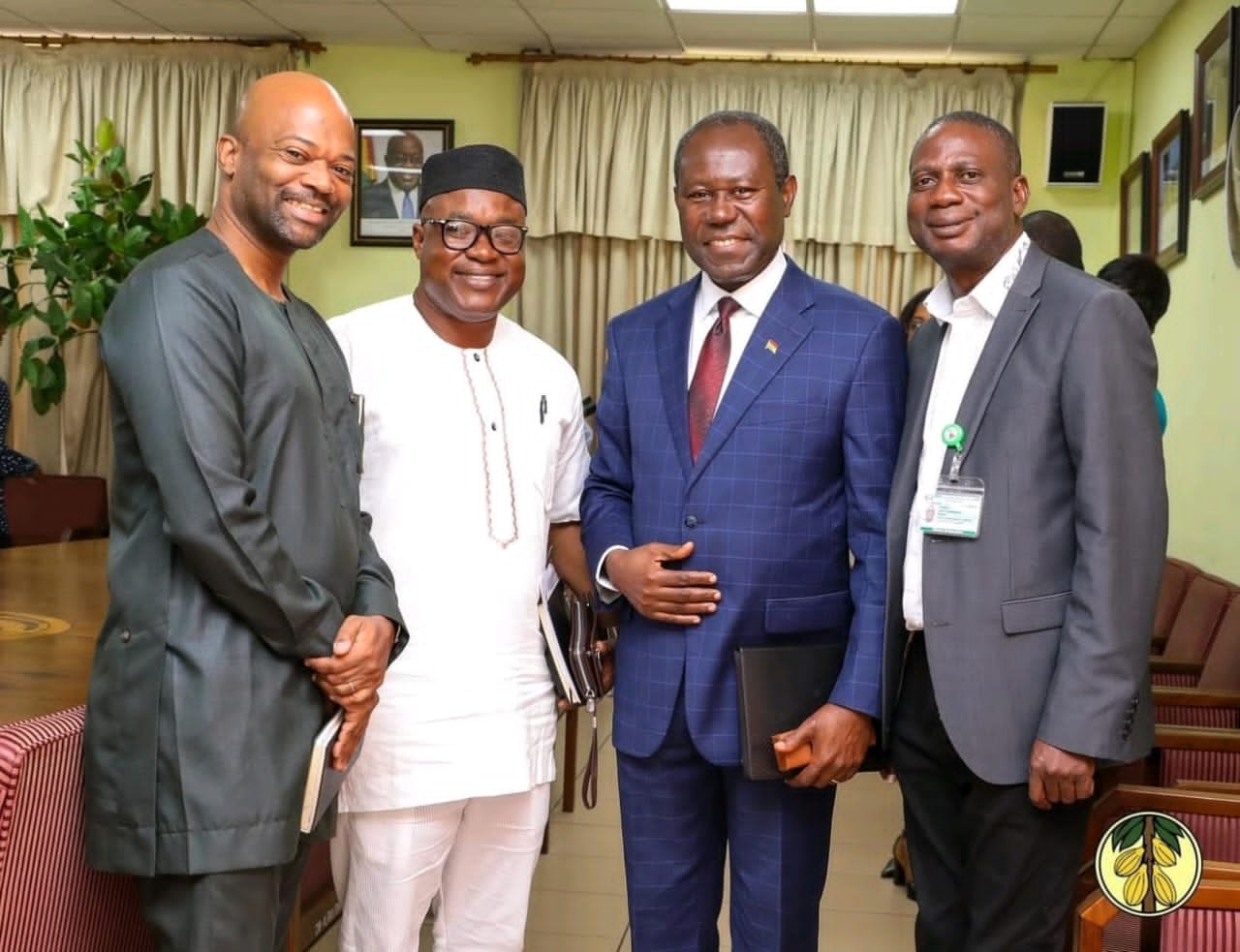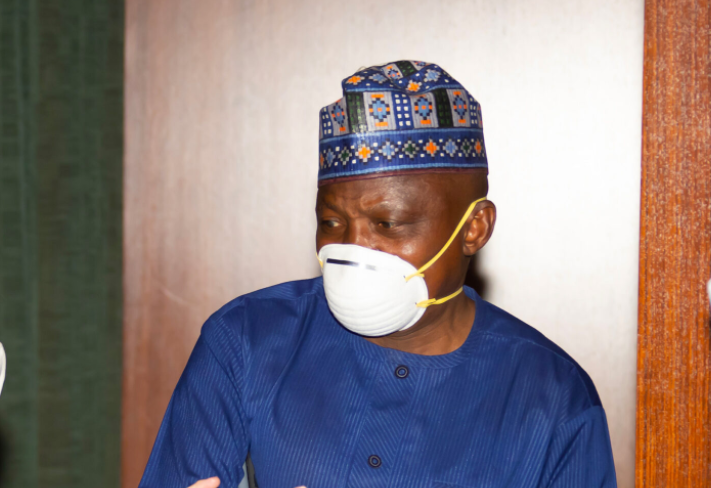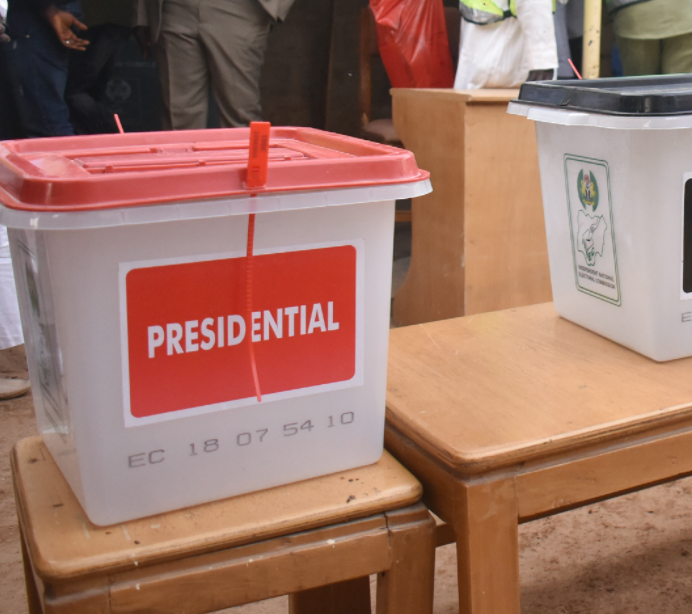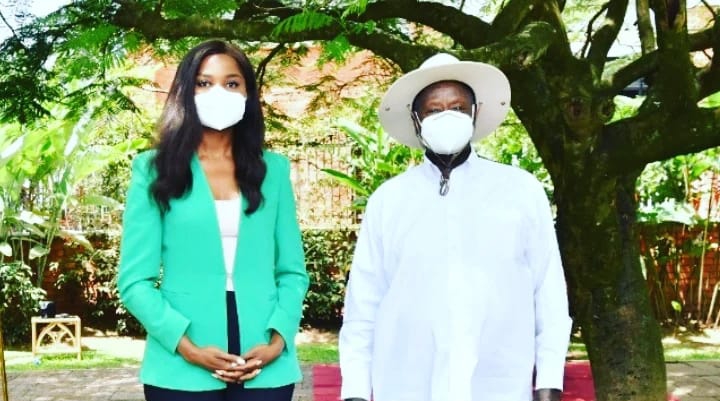Nigerian Economic Summit Group (NESG) says the federal government must develop a practical and inclusive national security strategy to create economic prosperity.
NESG said this on Friday at the national economic dialogue on the state of the economy held in Abuja.
The think-tank advocacy group said it was important for the government to prioritise the issue of national security and economic prosperity.
It also highlighted steps the government and political actors can take in actualising and effecting sustainable economic change.
Advertisement
“Government should rethink what socio-economic development outcomes mean for an average Nigerian, rethink the role of the market and the private sector and deepen sectoral reforms to support broad-based growth and competitiveness,” NESG said.
“The nation’s leadership should facilitate integrated national and sub-national approach to economic inclusion and development, pragmatic and actionable social sector reforms and develop workable and inclusive national security strategy in all dimensions.”
In his keynote speech, Asue Ighodalo, chairman, NESG, said the aspect of the process by which parties select their candidates during the primaries and the characteristics and capacity of persons chosen were crucial to the Nigerian dream.
Advertisement
“The Nigerian government has a pivotal role in addressing, with utmost urgency, six critical challenges causing economic dysfunction,” he said.
“These challenges are non-inclusive economic growth, macroeconomic stability, infrastructure deficit, human capital deficit and skills gap, national insecurity and weak economic competitiveness.
“We, the citizens, need to pay attention to the quality of our political system, processes, institutions and economic reforms. Our collective responsibility is to deliver a first-world country with happy and safe citizens. This is a call to national service. We must all be more involved, more selfless and tolerant, acting in the national interest.”
Osita Ogbu, director, Institute for Development Studies, University of Nigeria, said: “Enough emphasis is not placed on inequality. Inequality undermines the trust, solidarity, and mutuality on which good citizenship is based. Once you have a non-inclusive growth economy, it’s a recipe for what we are already observing in this country.
Advertisement
“Poverty is pervasive; inequality is pervasive. It is not just a simple matter: there are few rich people and many poor people. It’s a matter of citizenship. It’s a matter of how can you expect people who do not have a stake in the country to regard themselves as citizens of this country? When people ask, what do we do to fix the economy, I always say fix the politics first. If you fix the politics, that’s a major step towards fixing the economy because major economic decisions are made by politicians.”
Reinforcing the urgency of adopting this strategy, Ari Aisen, resident representative, International Monetary Fund (IMF) in Nigeria, said: “The global economy has been hit by the second shock of the Russia-Ukraine war. This puts the economy in a difficult situation. Allowing food production to satisfy the citizenry takes precedence over other priorities. Food security is a big objective, and attention must be paid to this sector so it can provide enough food to keep Nigerians from suffering from the shock disproportionately.”
“When bad leadership ceases to have an effect, then the effect of bad leadership will cease,” Olisa Agbakoba, senior partner, Olisa Agbakoba Legal, said.
“Why is it that from 1960 till date, barring one example or two, we have failed in leadership? If the head cannot absorb what is being said, nothing will happen… there can be no Nigerian dream without a visionary president.”
Advertisement
On his part, Samson Itodo, executive director, YIAGA Africa, who was also a panellist at the dialogue, said: “If you have a political process that is highly commercialised, plays with a deficit of ideas competition, and is exclusionary of the vast majority of people, what you have at the end of the day is a ruling and political class disconnected from reality.”
“The conception of public leadership needs to be reviewed, revisited and redesigned. We need a new political mobilisation strategy to sensitise Nigerians on why it is crucial to elect good leaders. We need to amplify the need for us to register and cast our votes. Voters in 2023 need to be informed voters who understand the issues.”
Advertisement
The group further said the government needs partnership with the private sector to effect positive socio-economic outcomes.
NESG said this would demand a free-market orientation to support growth and inclusion, ensure appropriate pricing, and unlock private capital for economic development.
Advertisement
Add a comment
